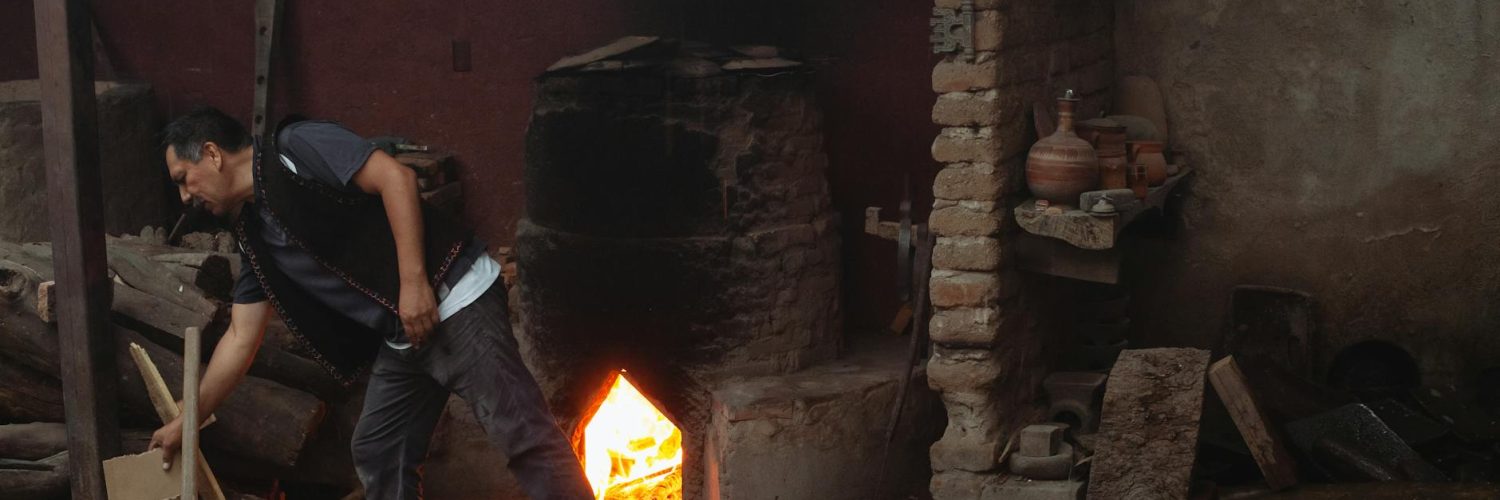Ever wondered why we celebrate Halloween with pumpkins, or why a certain type of pasta is associated with a specific region in Italy? History is full of bizarre twists and turns, happy accidents, and downright silly coincidences that have shaped the cultures we know and love. It’s a tangled web of interconnected events, often separated by centuries, that makes understanding our present so fascinating (and sometimes, utterly baffling).
From Potatoes to Vodka: A Surprisingly Spudtacular Story
Let’s start with something seemingly mundane: the potato. Introduced to Europe from the Americas in the 16th century, the potato initially faced a lot of resistance. People were wary of this strange, earthy tuber. But its resilience and high yield eventually made it a staple crop, particularly in Ireland. This seemingly simple agricultural shift had enormous consequences. The Irish potato famine of the 1840s, caused by potato blight, led to mass starvation and emigration, dramatically altering demographics worldwide. But the potato’s journey doesn’t end there. Its carbohydrate richness is also a crucial component in the production of vodka, a spirit deeply ingrained in the culture of Eastern Europe, showing how a single plant can intertwine the histories and cultures of vastly different regions.
The Accidental Empire: A Case of the Wrong Spice
The Age of Exploration was fueled, in part, by the insatiable European appetite for spices. Cloves, nutmeg, cinnamon – these weren’t just culinary delights; they held immense economic and political power. Christopher Columbus famously set sail looking for a westward route to the Indies (the Spice Islands), hoping to tap into this lucrative trade. He spectacularly missed his target, stumbling upon the Americas instead. This “mistake” had ripple effects across global history, leading to colonization, the transatlantic slave trade, and the irreversible alteration of both the Americas and Europe. A wrong turn, a geographical blunder, and suddenly, the course of history changed forever.
The Unexpected Legacy of a Cataclysmic Event
The Black Death, a medieval pandemic caused by the bubonic plague, decimated Europe’s population in the 14th century. The scale of loss was almost unimaginable. However, this devastating event also had some equally surprising long-term cultural consequences. The massive labor shortage that followed led to significant social and economic upheavals. The feudal system weakened, and wages increased as the demand for workers outstripped the supply. Serfdom gradually declined, representing a monumental shift in social structure – a surprisingly positive, albeit unintended, consequence of a catastrophic plague.
The Humble Fork’s Rise to Prominence
Before the fork became a ubiquitous dining utensil, food was eaten primarily with fingers, knives, or spoons. The fork’s arrival in Europe was surprisingly late. It was first adopted by the Byzantine Empire and slowly made its way westward, initially met with suspicion and even derision. Some found it effeminate or even ungodly. But over time, the fork gained popularity, becoming a symbol of sophistication and a testament to the slow but inevitable spread of cultural innovations. Its adoption also reflects a shift in dining etiquette and societal norms.
Tea, Opium, and a Very British Problem
The British Empire’s insatiable thirst for tea led to a complex and ultimately devastating relationship with China. The high demand for tea created a massive trade imbalance, with Britain importing far more tea than it exported to China. To rectify this, they started exporting opium, grown in India, illegally to China. This led to the Opium Wars of the 19th century, a brutal conflict that significantly weakened China and further fueled Britain’s imperial ambitions. This demonstrates how seemingly simple consumer desires can have far-reaching geopolitical implications.
The Accidental Invention of Champagne
Few things evoke celebration quite like a bottle of bubbly. But the story of Champagne’s creation is wonderfully accidental. In the 17th century, winemakers in the Champagne region of France were struggling with their wines. The fermentation process sometimes continued in the bottle, creating the characteristic bubbles. Initially seen as a flaw, this sparkling wine gradually gained popularity, becoming synonymous with luxury and celebratory occasions. This serendipitous discovery utterly transformed the region’s economy and cultural identity.
Odd Facts and Little-Known Origins
Let’s throw in a few more quirky historical nuggets to illustrate how interwoven history and culture truly are: History's Unexpected Souvenirs: How the Past Shaped Our Weirdest Traditions
- The tradition of hanging stockings at Christmas is said to have originated from St. Nicholas’s act of secretly placing gold coins into the stockings of three sisters who couldn’t afford dowries – a story which changed over time.
- The word “sincere” literally means “without wax,” referring to the ancient practice of patching pottery with wax; honest people had no need for such deceitful repairs.
- The game of golf, widely associated with Scotland, may have originated even earlier in the Netherlands.
- The color purple was once incredibly expensive, reserved only for royalty and the wealthy due to the complex and costly dye extraction process.
History and culture are not static entities. They are dynamic, ever-evolving narratives shaped by countless factors, many of them completely unforeseen. The seemingly random occurrences, the fortunate accidents, the terrible tragedies – they have all contributed to the rich tapestry of human experience. So next time you’re enjoying a glass of Champagne or carving a pumpkin, take a moment to appreciate the bizarre and wonderful journey that led to that very moment.

























Add comment